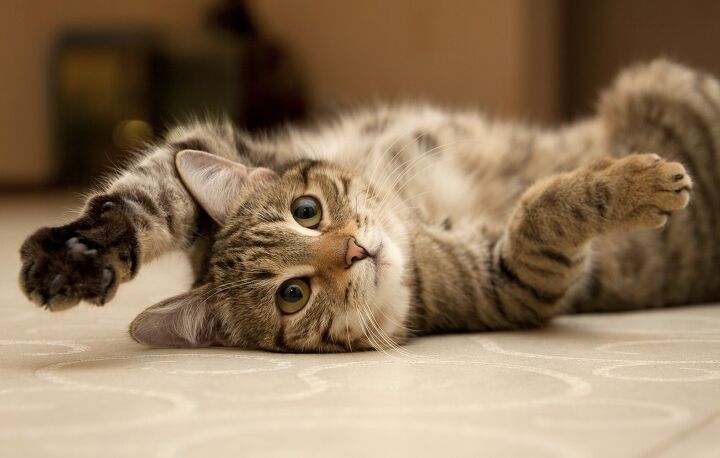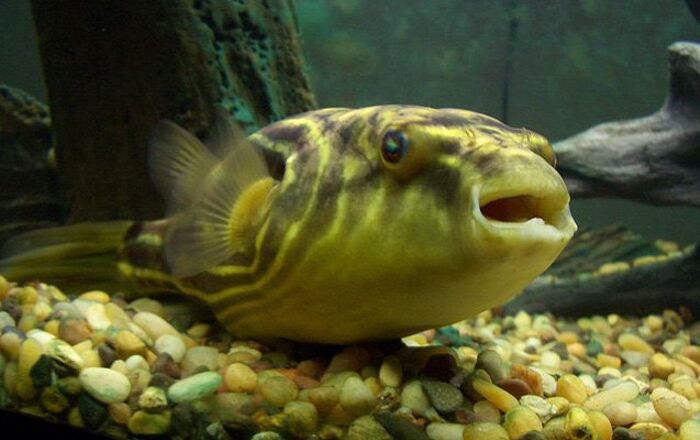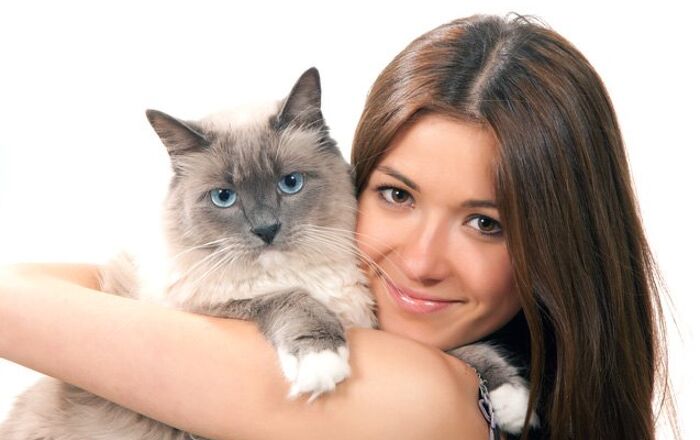
It’s true – every cat has a distinct personality. And by deciphering your feline’s personality, you be able to bond even closer to your kitty.
As a pet guardian, deciphering your cat’s needs and preferences could help you not only create an enriching environment, but also bond more closely with your feline companion.
Now it’s time to assess your cat’s behavior and, based upon your pet’s personality type, set up your home and routine in a way that will help your cat feel safe, confident, and relaxed.
What Are Some of the Personality Traits Common to Cats?
According to researchers, you could look for traits like dominance, agreeableness, impulsiveness or spontaneity, extroversion or outgoingness, and neuroticism to figure out what your kitty’s overall personality is. You might also describe your pet by other traits, such as friendliness and skittishness, as you work on figuring your cat out.
Of course, your kitty won’t only exhibit one of these traits, but rather a mix of them to varying degrees. The key is to try to analyze your pet to figure out just how dominant, agreeable, impulsive, outgoing, neurotic, skittish, or friendly she is.
Here a few tips on how you can help your kitty feel comfortable, secure, and happy in your home, based on her main personality traits:
- Dominance: If you notice a sense of dominance in your pet’s personality, she might be bullying other kitties in the family and potentially causing them stress or harm, and she might also be dominant when it comes to her food or toys. The environment might need to be modified to prevent aggressive interactions and give every kitty plenty of space, along with their own beds, bowls, toys, and litter boxes. Extra interaction and extra playtime may be necessary to prove to your cat that she has everything she needs, without having to fight for it.
- Agreeableness/Friendliness: If your kitty is agreeable and friendly, she’s likely happy and has adjusted to her environment. These types of cats may also do well in multi-cat households, as they’ve been socialized to get along wonderfully with people and other animals. At the opposite end, a cat might be aggressive or irritable towards humans or other cats, and that might indicate frustration or poor socialization. Be patient with your kitty as you slowly introduce new people and animals to her routine, and reward good behavior with praise and treats.
- Impulsiveness/Spontaneity: A cat that’s described as reckless, impulsive, or erratic might be living in what she considers a stressful environment. She may run away when faced with something new, as well as show extremes, such as periods of anxiety contrasted with periods of high energy. Locating the source(s) of stress throughout your home might help you resolve those problems so your kitty could relax. Your cat might also do better with a set routine, such as specific feeding times and play sessions. On the other hand, if you don’t consider your kitty to be impulsive, you likely created a suitable environment and routine for your feline friend.
- Extroversion: Kitties who are outgoing might also be described as curious and intelligent, but they could be more likely to become bored, get themselves into trouble, and explore. It’s best to provide them with plenty of active playtime, toys (including mentally stimulating ), and attention to keep them occupied and prevent destructive behaviors. However, if your kitty is introverted, she might benefit from a stable environment with various places to relax and toys she can play with on her own. You might also need to be extra patient as she gets to know you and warm up to you.
- Neuroticism/Skittishness: A cat that’s highly neurotic might be shy and stressed, so setting up a variety of quiet places and hiding spots might be beneficial as you work on eliminating sources of stress. And if you’d classify your kitty as skittish, she might be high-strung, run away from strangers, and hide when anything unfamiliar comes into her territory. Giving your cat access to areas of your home where she can feel comfortable could be helpful, and it’s best to avoid forcing your pet into uncomfortable, potentially traumatizing situations. Neurotic or skittish cats will slowly build up their confidence as they begin to realize that there’s nothing to worry about. On the opposite end, a kitty that’s described as bold might be ready to explore the great outdoors in a or on a with your supervision.
Need a little extra assistance? Check out this short quiz that’s designed to help you pinpoint your kitty’s personality.
Getting to Know Your Cat Is Important
It’s worth nothing that, if your cat’s personality begins to change, this might alert you to the fact that something is wrong. Consulting with your veterinarian would be a good idea, as some physical ailments could lead to behavioral problems.
Overall, being able to decipher your kitty’s personality could change the game when it comes to caring for her and giving her what she needs to thrive. And as researchers continue studying domestic cats, we’ll keep discovering more about what makes our feline companions so special.














